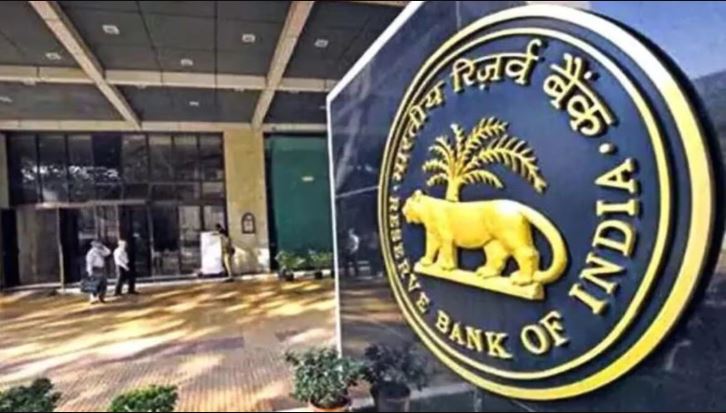RBI New Rules: The Reserve Bank of India (RBI) has changed the rules for banks and NBFCs. This new framework will come into effect from January 1, 2026. But these rules can be adopted even earlier.
RBI New Rules: The Reserve Bank of India (RBI) has recently issued new rules for financial companies including banks, related to investment in UltraNative Investment Funds (AIFs). This new framework ‘Reserve Bank of India (Investment in AIF) Directions, 2025’ will come into effect from January 1, 2026. However, according to its internal policy, these rules can be adopted earlier as well. These guidelines will apply to commercial banks, co-operative banks, all-India financial institutions, housing finance companies and non-banking financial companies (NBFCs).
Key changes
Under the new guidelines, no RE will be able to invest more than 10% of the total amount of any AIF scheme. Apart from this, all regulated entities together will not be able to contribute more than 20% to any one AIF scheme.
What is a debtor company?
According to RBI, Debtor company means any company that has received loan or investment (other than equity) from a regulated company (RE) in the last 12 months.
Who is exempted?
Under the Master Direction, investments or commitments made earlier with the approval of RBI and Financial Services Provided by Banks, 2016 are exempted from the new limit of contributions. RBI may also exempt some AIFs from these rules after talking to the government.
New rules will have to be followed
With this update, RBI has repealed its previous rules on AIF investments issued in December 2023 and March 2024. Now new rules will have to be followed. However, existing investments will continue under the old or new rules. Because it will depend on which rules the bank or NBFC wants to follow. RBI said it has updated the norms after reviewing industry feedback and SEBI regulations for AIFs.
Most Read Articles:
- Income Tax New Rules: The biggest news on income tax return from CBDT- circular also issued
- EPF makes big announcement! Now you will not have to submit any document to withdraw money, know details
- Credit Card Link UPI: Link your credit card to UPI from home, know step-by-step guide
We have taken all measures to ensure that the information provided in this article and on our social media platform is credible, verified and sourced from other Big media Houses. For any feedback or complaint, reach out to us at businessleaguein@gmail.com
